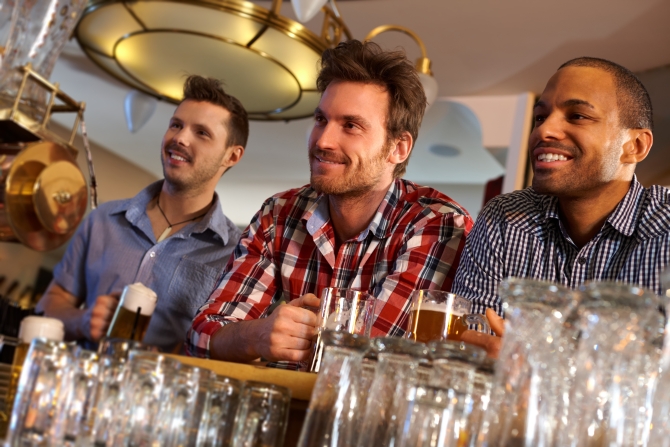Manchester may be home to the best known fictional pub in Britain but, according to insolvency trade body R3, around one third of real-life Rovers Returns in the North West are struggling to overcome an ‘identity crisis’ that threatens their survival.

In its latest study of the sector, R3 found that 37 per cent of the region’s independent pubs are considered to be at a higher risk than normal of folding within the next 12 months. The figures were determined using credit ratings from Bureau van Dijk’s “Fame” database and have cast grave concerns over the futures of the 729 businesses in question.
Head of recoveries at Manchester accountancy firm Mitchell Charlesworth and North West spokesman for R3, Jeremy Oddie, believes it is not only the changing fortunes of the economy which explain the challenges currently facing traditional pubs in the region.
He says; “Consumers now have a wider choice and their tastes are more sophisticated – pubs are facing competition from on trend bars and restaurants.
“In addition, the pub trade has never fully recovered from the smoking ban, with many smokers now preferring to drink at home instead.
“The falling price of alcohol in supermarkets has also been undermining the popularity of pubs.”
Competition from supermarkets in particular has been a sticking point for industry trade bodies such as the Campaign for Real Ale (CAMRA), which has pointed out that the differences in alcohol taxes between supermarkets and pubs create disparity.
During the recession, many consumers took advantage of the cheaper prices offered by supermarkets by purchasing alcohol to consume at home – a trend which appears to have become deeply entrenched despite the upturn in the economy.
In addition, Mr Oddie believes that many traditional pubs in the North West are failing to adapt to changing consumer spending habits and are therefore missing out on opportunities to attract higher volumes of custom. Whilst in other consumer centric industries – such as retail for example – progressive technologies and changing habits have led to adaptations including click and collect, changes in the pub sector have been noticeably slow to take hold and are therefore limiting expansion options for smaller businesses.
Mr Oddie continues; “Ultimately, pubs are struggling with an identity crisis: traditionally they were a male domain, run by breweries and geared to serving pints, yet pubs now have to cater for a much more diverse crowd with different expectations of what constitutes a ‘night out’.
“While some pubs have successfully broadened their appeal, in particular country pubs, many old-style drinking dens are struggling for survival.
“One thing is for sure – pubs need to reinvent themselves to appeal to a new generation of customers.”